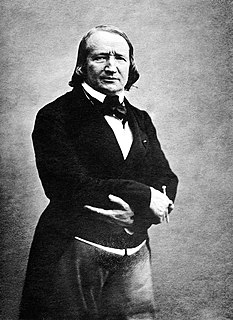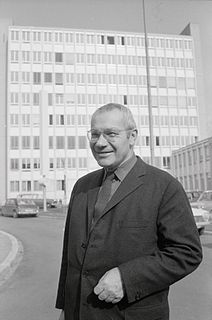A Quote by Martin Filler
We take from the art of the past what we need. The variable posthumous reputations of even the greatest artists and the unpredictable revivals of interest in even the most obscure ones tend to reveal more about those who make revisionist assessments than about those who are being reassessed.
Related Quotes
Since men do not really respect anything unless it was established long ago and has developed slowly over time, those who want tokeep on living after their death must take worry not only about their future generations but even more about their past: that is why tyrants of all kinds (including tyrannical artists and politicians) like to do violence to history, so that it will appear as a preparation and stepladder to themselves.
The things that I have said when I was young and curious about whatever the subject matter was, I respect those - those are growing pains. Even if you make mistakes, I go back to those things, my not-so-great moments because those are my truest moments; those are my human moments. I'm not even mad at the things I said that were a little dicey.
If we write our laws and design them around the most privileged members of society, i.e., billionaire football team owner, then we forget about the people who don't have the same resources to make an appeal, to fight a wrongful accusation. Those tend to be members of the LGBT community and people of color because those are the people who tend to engage in the work of reappropriation to subvert discrimination. And yet those are the same ones being denied, based on their own identities.
Even as a teenager we got interested in the Beats, Dada, and Surrealism, and so on. What drew us to those was that their lives were their art. It wasn't something they did separately. Reading biographies of artists of that kind was what was fascinating to me, more than the stuff they made. We became convinced that life and art is really the same thing.
I recommend to you, in my last, an innocent piece of art: that of flattering people behind their backs, in presence of those who, to make their own court, much more than for your sake, will not fail to repeat, and even amplify, the praise to the party concerned. This is of all flattery the most pleasing, and consequently the most effectual.
I don't like realism. We already know the real facts about li[fe], most of the basic facts. I'm not interested in repeating what we already know. We know about sex, about violence, about murder, about war. All these things, by the time we're 18, we're up to here. From there on we need interpreters. We need poets. We need philosophers. We need theologians, who take the same basic facts and work with them and help us make do with those facts. Facts alone are not enough. It's interpretation.



































